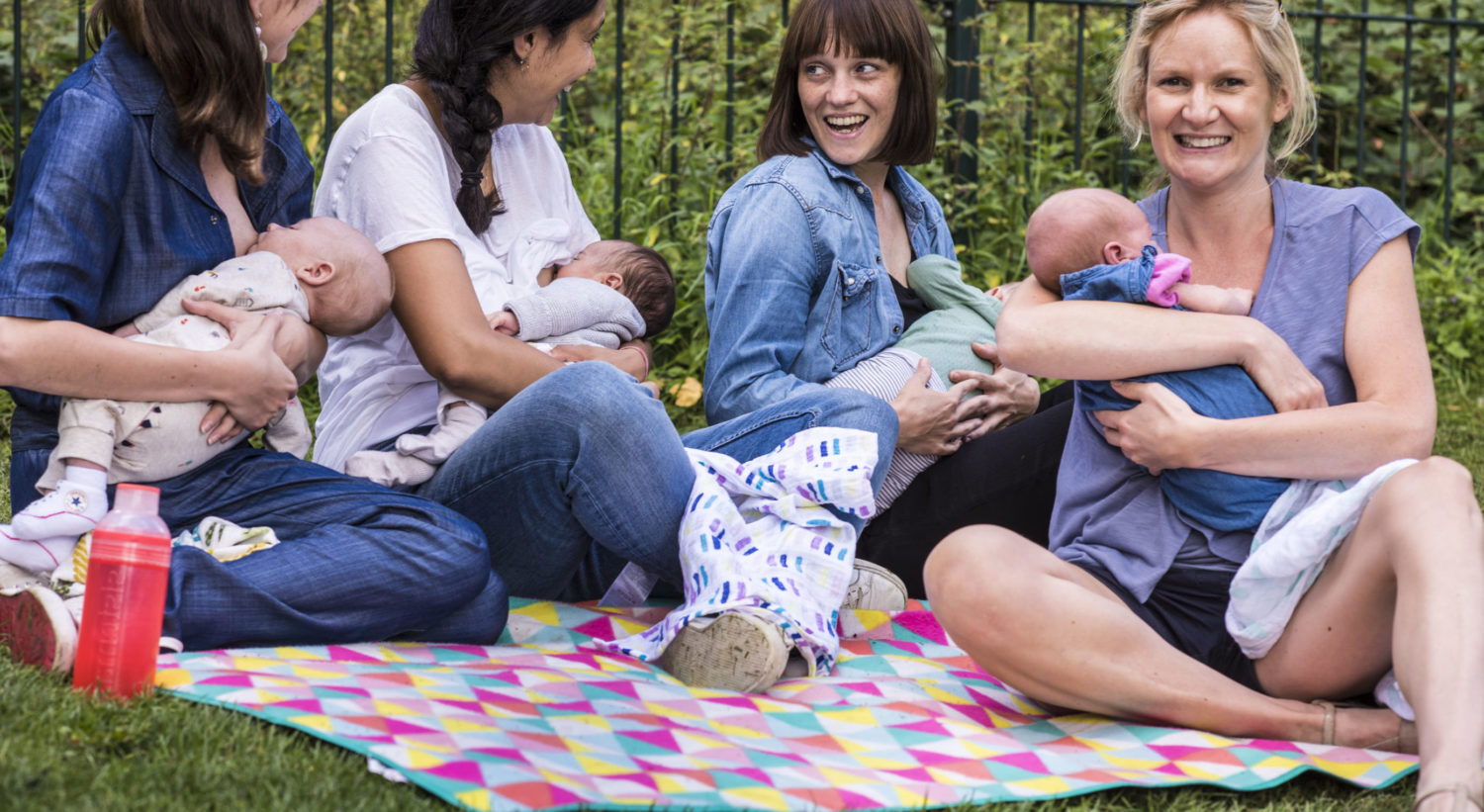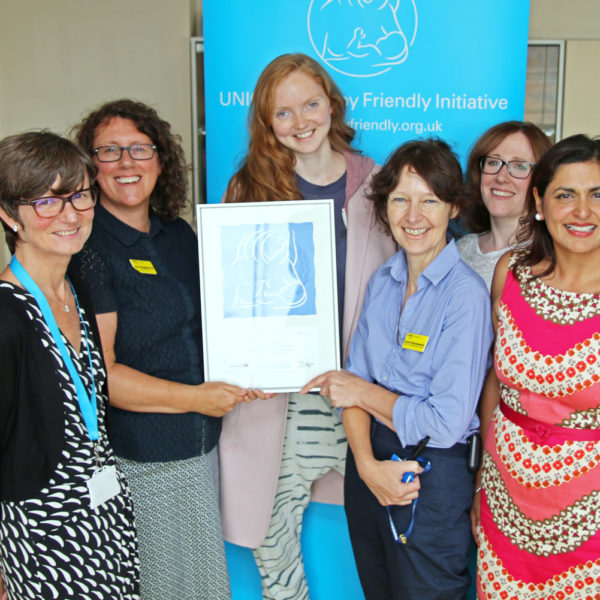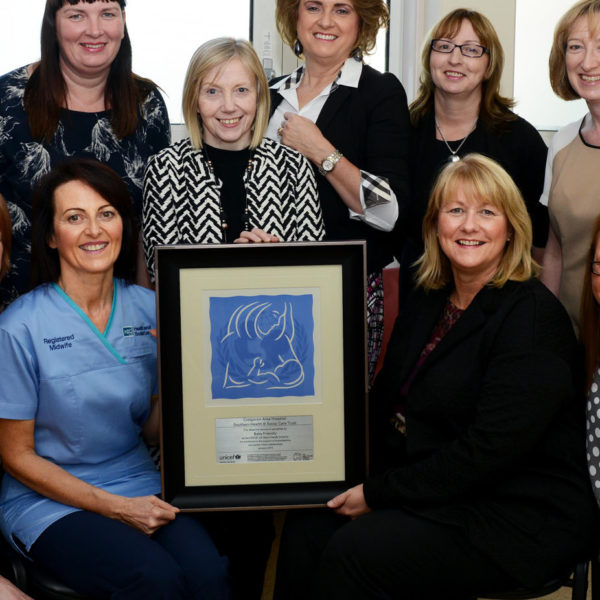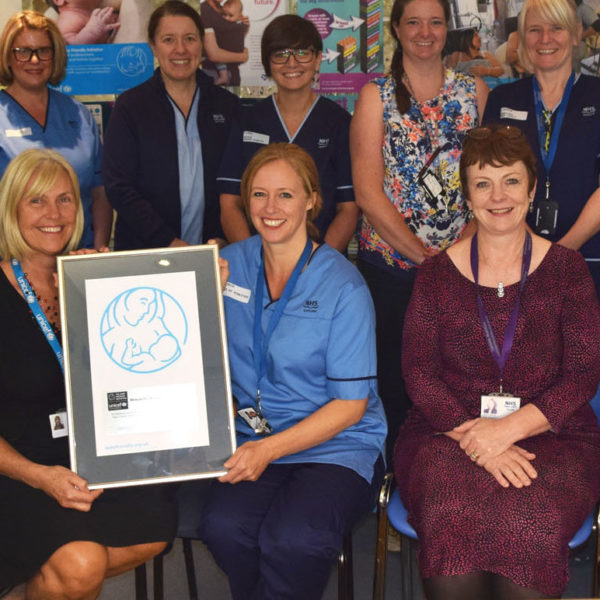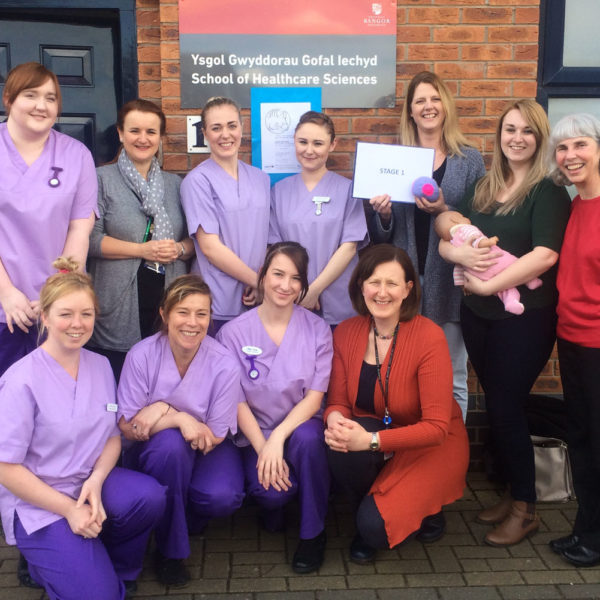Find out about breastfeeding rates in the UK and our work to improve them.
Breastfeeding: a public health issue
Breastfeeding is a highly emotive subject in the UK because so many families have not breastfed, or have experienced the trauma of trying very hard to breastfeed and not succeeding. The pain felt by so many parents at any implication that they have not done the best for their child can close down conversation. It is time to stop laying the blame for the UK’s low breastfeeding rates in the laps of individual women and instead acknowledge that this is a public health imperative for which the government, policy makers, communities and families all share responsibility.
UNICEF UK urges the UK and devolved governments to implement four key actions to create a supportive, enabling environment for women who want to breastfeed. Find out more about our Call to Action campaign.
Breastfeeding rates in the UK
In the UK we have some of the lowest breastfeeding rates in the world, with eight out of ten women stopping breastfeeding before they want to.
The last UK-wide Infant Feeding Survey was conducted in 2010, and we are calling on UK governments to reinstate this. Key findings were:
- Breastfeeding initiation: 81% (up from 76% in 2005)
- Exclusive breastfeeding at six weeks was 24% in England compared to 17% in Wales and 13% in Northern Ireland – see below for more recent survey results from Scotland
- Exclusive breastfeeding at three months: 17% (up from 13% in 2005)
- Exclusive breastfeeding at four months: 12% (up from 7% in 2005)
- Exclusive breastfeeding at six months (as recommended by the World Health Organization) remained at around 1%
- The rate of any breastfeeding at six weeks was 55% (rising from 48% in 2005), while at six months it was 34% (rising from 25% in 2005). These improvements coincided with a marked increase in engagement with the Baby Friendly Initiative.
In 2018 Scotland released results from its Maternal and Infant Nutrition Survey, highlighting marked improvements in breastfeeding rates – particularly the rise in breastfeeding at six months from 32% in 2010 to 43% in 2017. The results highlight the positive impact of a national infant feeding strategy, including supporting 100% of maternity and community services in Scotland to achieve Baby Friendly accreditation.
Improving UK breastfeeding rates
Improving the UK’s breastfeeding rates would have a profoundly positive impact on child health. For example, increasing the number of babies who are breastfed could cut the incidence of common childhood illnesses such as ear, chest and gut infections and save the NHS up to £50 million each year. Breastfeeding rates in comparable European countries, with similar population sizes and demographics, show that it is possible to increase rates with a supportive breastfeeding culture and the political will to do so.
A key aspect of improving breastfeeding rates is the provision of face-to-face, ongoing and predictable support to families across all public services, and social support in the local community. The Baby Friendly Initiative enables mothers to receive this help within healthcare services, delivering a holistic, child-rights based pathway for improving care. We provide the crucial impetus that busy health professionals need to raise standards, enabling them to prioritise what is best for each and every child above the pressures of tightening funds and staff numbers, and providing an achievable roadmap for improvement.
UNICEF, working in partnership with the WHO, is uniquely placed to deliver this life-saving work. We have the knowledge, credibility and infrastructure to work with an organisation the size of the NHS to put the standards in place to make a difference to children’s lives across the UK. For an outline of how Baby Friendly can impact long-term public health outcomes, see our Theory of change document on the About Baby Friendly page.



